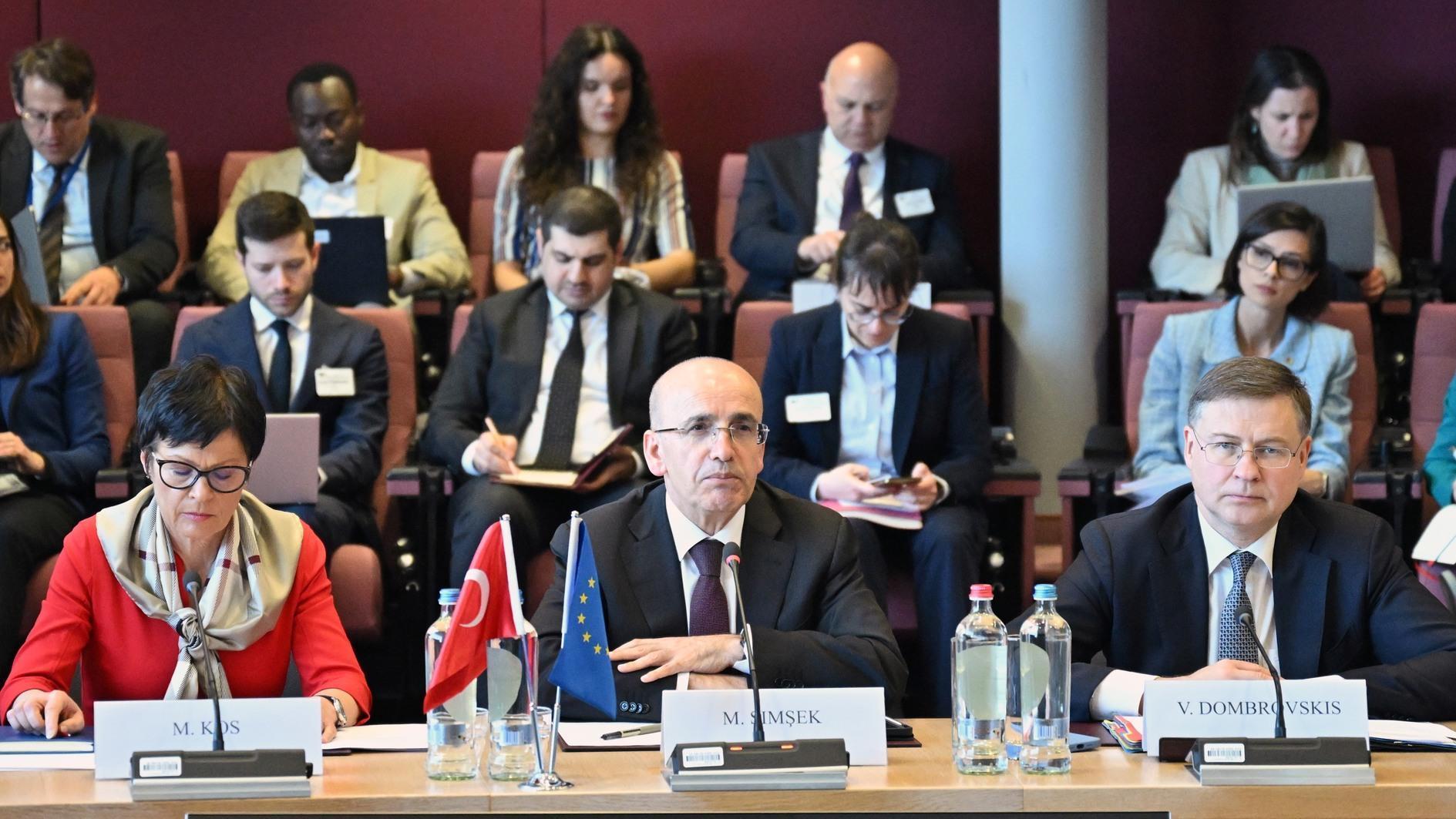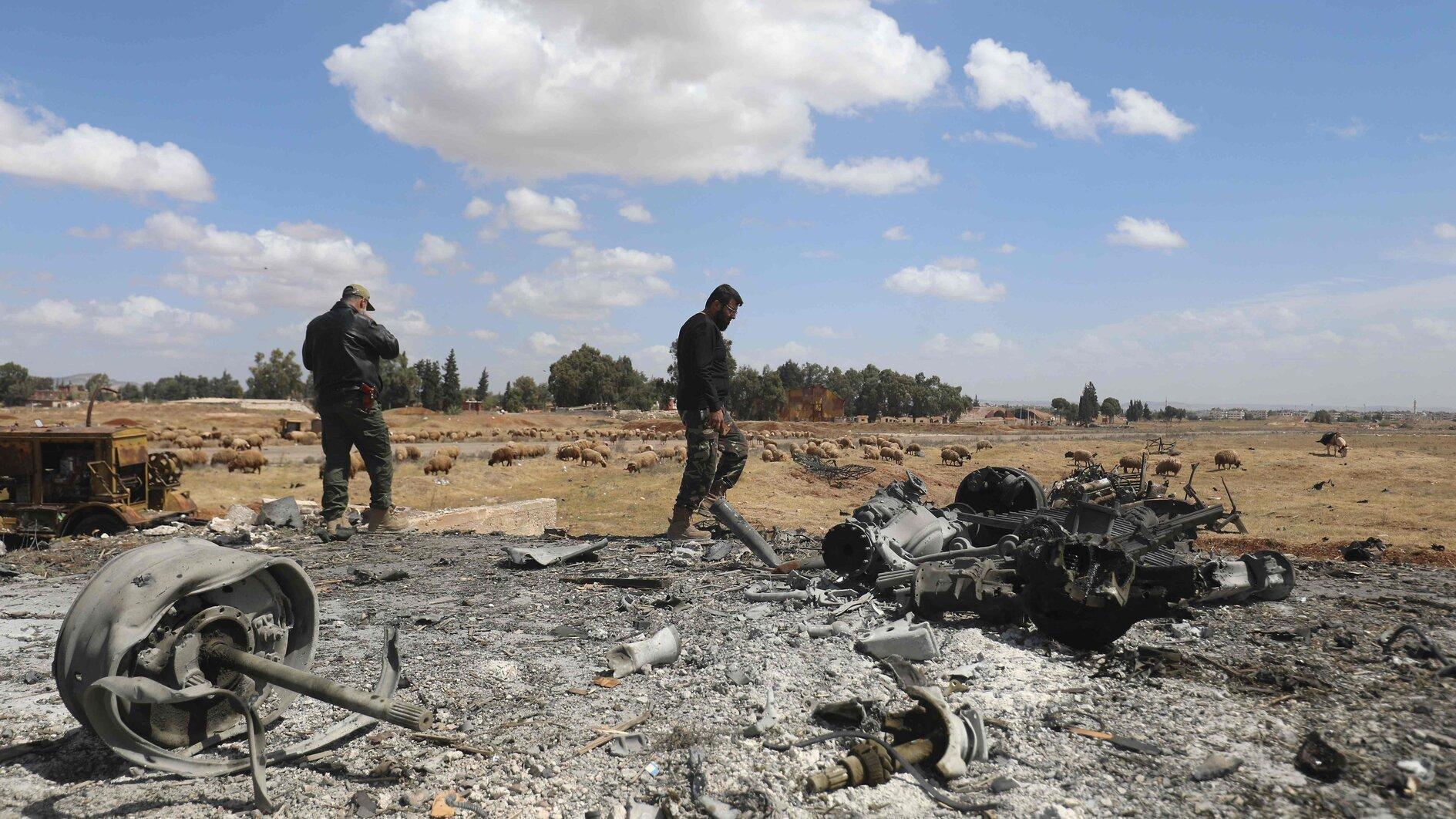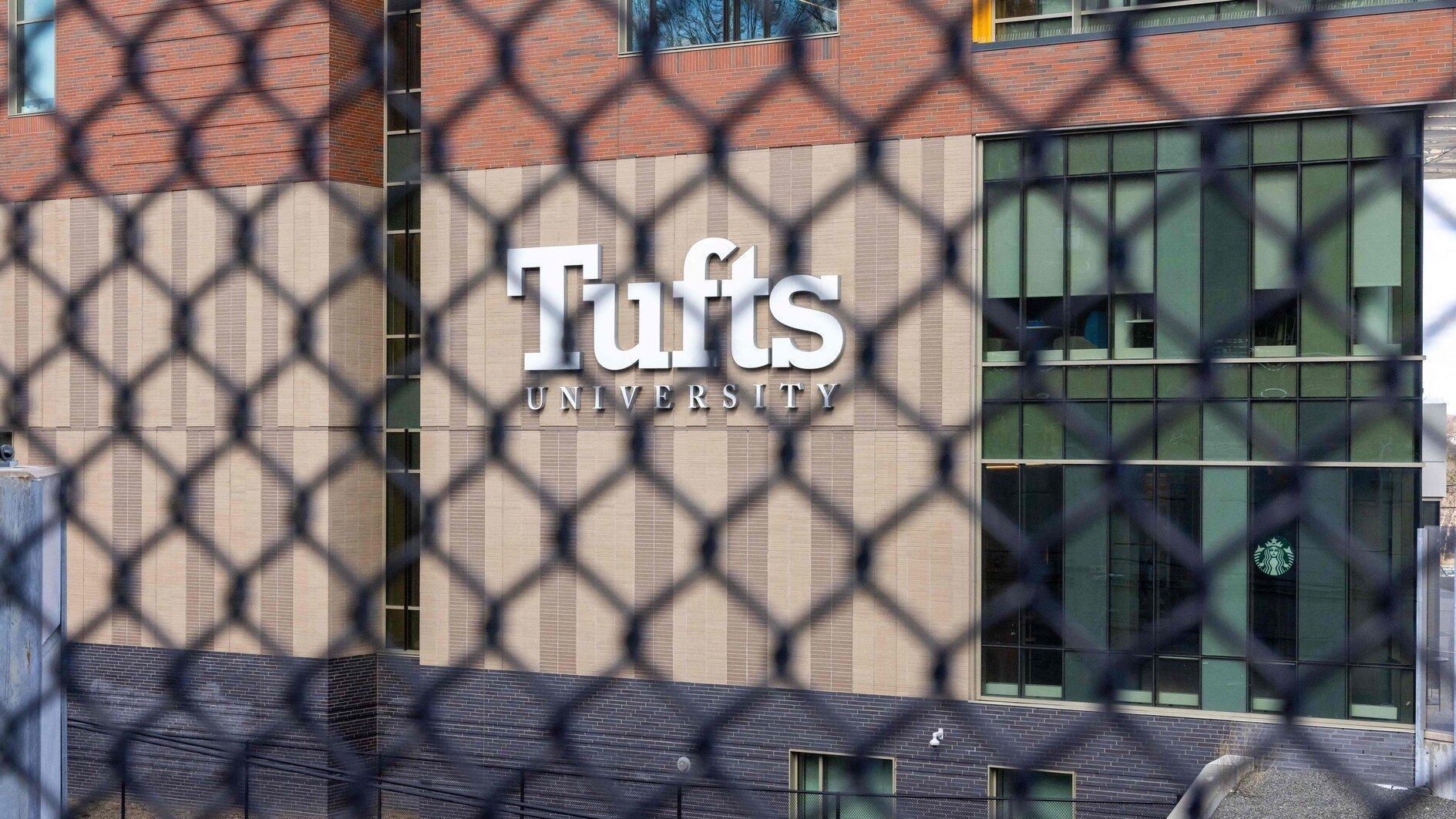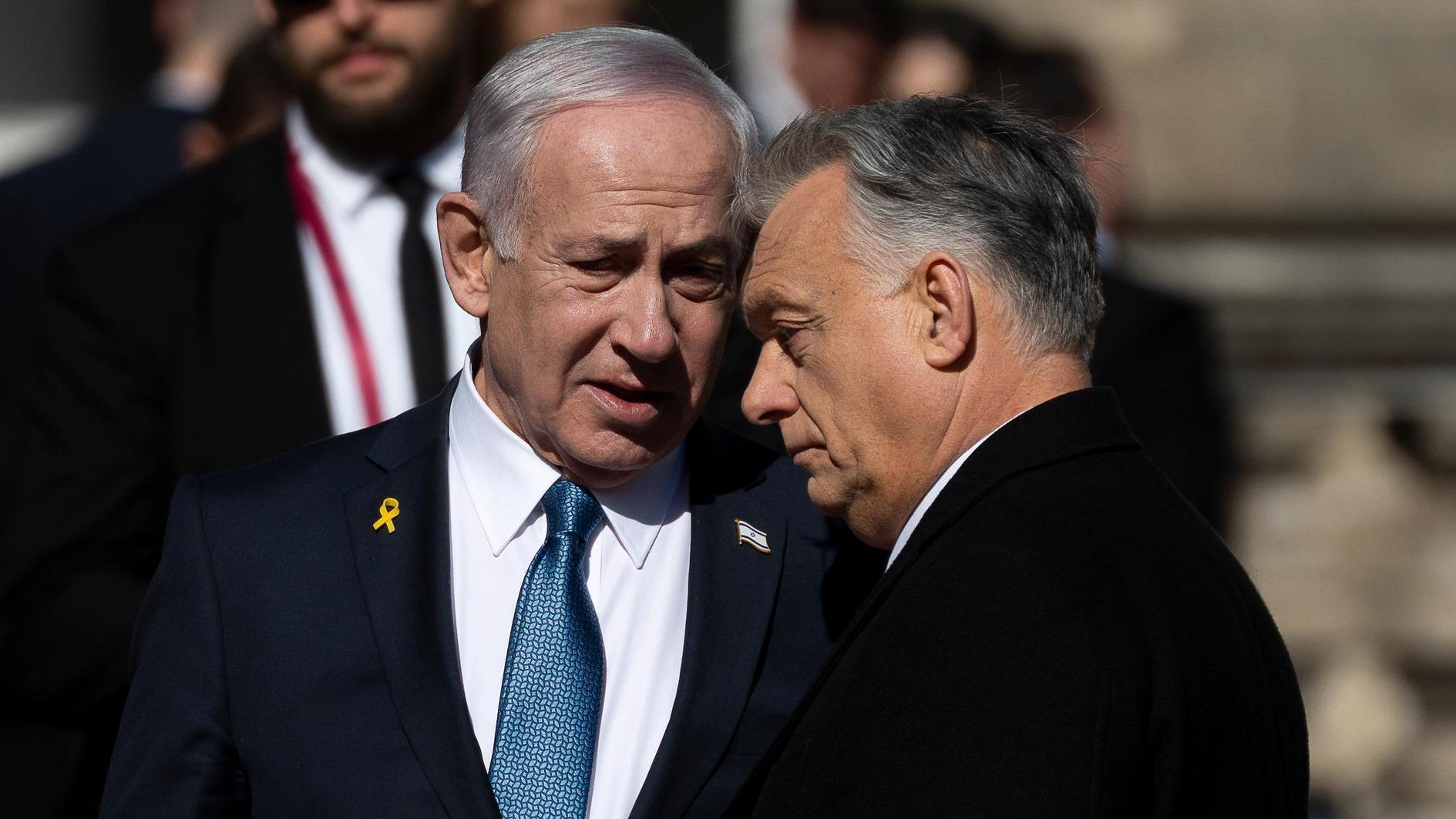The EU without Turkey
Murat Ersavcı

Alamy Photo
Without Turkey, Europe just doesn’t look right and in the long run it probably won’t work.
The idea of Turkey as an active player in the life of Europe is a relatively new one for people in Europe. Because Turkey industrialized much later than most of the countries on the north side of the Mediterranean, it was for many years just a bystander.
But historically Turkey has often been a vigorous participant in the life of the continent, especially at the height of the Renaissance. In the sixteenth century there was a sort of diplomatic “axis” in European politics between Francois I of France and Süleyman the Magnificent.
Even today, the influence of Turkey on daily life in many countries is much more pervasive than most people usually realize. Turkish products, Turkish cuisine and produce, Turkish holidays, archaeology and history are all around.
What’s more, if you go back in history, you will find that ever since Neolithic times - when farming techniques began in Anatolia and then spread gradually from there across Europe - Turkey has been an integral part in the life of the continent. King Midas, Croesus, the Gordian Knot, Helen of Troy, Santa Claus and of course St Paul all came from present-day Turkey - a cultural and religious bridge between east and west, north and south.
Trade between Turkey and Western Europe is nothing new either. If you had visited Ankara in the 17th century, you would have found a quarter of the city where families of Scottish, English, and Dutch merchants lived. That went on all the way through until the French Revolution broke the trade links, leaving everyone poorer.
Though Turkey lies at the south-east end of Europe, history and geography have always combined to make it very important to the rest of the continent. As a result, the movement towards European unity cannot and should not by-pass Turkey, as it would be doing serious damage to the long-term interests of everyone.
The economic arguments for including Turkey are formidable by themselves. Few people realize that Turkey has a larger, more developed, and more dynamic economy than many of the EU members. Turkey has been one of the main suppliers of cars, white and brown goods and iron and steel. It is an increasingly important regional economic power.
This is because Turkey is a large country with a young population of 84 million people and abundant natural resources. It has a vigorous free market economy that has industrialized at almost breakneck speed over the last decades. In this regard, there are still great opportunities for European investors. Because we are so close to markets in Russia, the Caucasus, Central Asia, and the Middle East, we also enjoy big comparative advantages.
In Istanbul we have one of the great cities of the European continent, the hub of the business and cultural life of an entire region, and a place with a really exciting and diverse cultural scene. The routes for energy supplies run through Turkey. New routes being planned will make this outlet to the Mediterranean even more important.
Remembering that Turkey and the EU launched a customs union at the beginning of 1996. For a long time it worked well for all. However, at the moment, it is in dire need of improvement, since our economies have become more interdependent.
The common interests of Turkey and Europe are not just economic. Turkey is Europe’s southern frontier. The facts of geography being what they are, it will always remain so. Turkey provides indispensable protection and stability to the other countries of Europe. Think how precarious the western world’s situation would be with the ongoing conflicts in the Middle East. The dangerous situation of mass migration from such countries Syria, Iraq and Afghanistan to name a few.
But none of these things, in my view, is Turkey’s biggest asset. Its main asset both for itself and for Europe are its people; warm, affectionate, humorous, energetic, adaptable, industrious. Naturally being a Turk myself I have to admit to being biased on this point, but I think most foreign visitors to Turkey tend to incline to my view. That is why so many of them, having visited our country once, come back again and again.
On the basis of all this, it is surely obvious that an ever-closer partnership between us is in everyone’s interests. However, I know that not everyone would agree. The nearer Turkey and the rest of the EU get together, the louder become the voices of protest from some, quarters.
The aim of those is certain to be that the EU and European public opinion should ostracize and isolate Turkey. I find it very difficult to see how anyone who genuinely wants to see European values spreading and growing can subscribe to such messages. The “founding fathers of the European Union, Jean Monnet and Robert Schuman, did not proceed in this spirit. If they had, the movement to reconciliation and unity in Europe would have died on the launch pad.
The truth of the matter is that the anti-Turkish movement in Western Europe is very shortsighted and does not even work in the interests of the people it purports to be defending. Of course much of it is based on ancient stereotypes and hatreds, unworthy of the people who indulge them. It is also based on profound ignorance and misapprehension. Lining up against Turkey will do harm, not good. It will exacerbate conflicts and cause opportunities to be lost. Turkey is not going to allow itself to be steered in a different direction.
But progress will be much easier if the rest of Europe stands alongside Turkey. For 68 years Turkey has stood with Europe in NATO, fighting to bring freedom and democracy to Eastern Europe. Together we have achieved one of the great triumphs of the century.
Integration of Turkey with the rest of Europe will produce profound changes and adaptations also in Turkish society. That will benefit us, just as it has benefited so many other countries, and it will benefit the rest of Europe by creating stability and prosperity on its southeastern flank. Whatever the opponents may think, Turkey is an important reality on the map and it has a right to its place in Europe.
Question is will EU be able to overcome its complacency and be realistic about dangerously developing international crises. Now is the time to take concrete steps concerning Turkish membership.
















